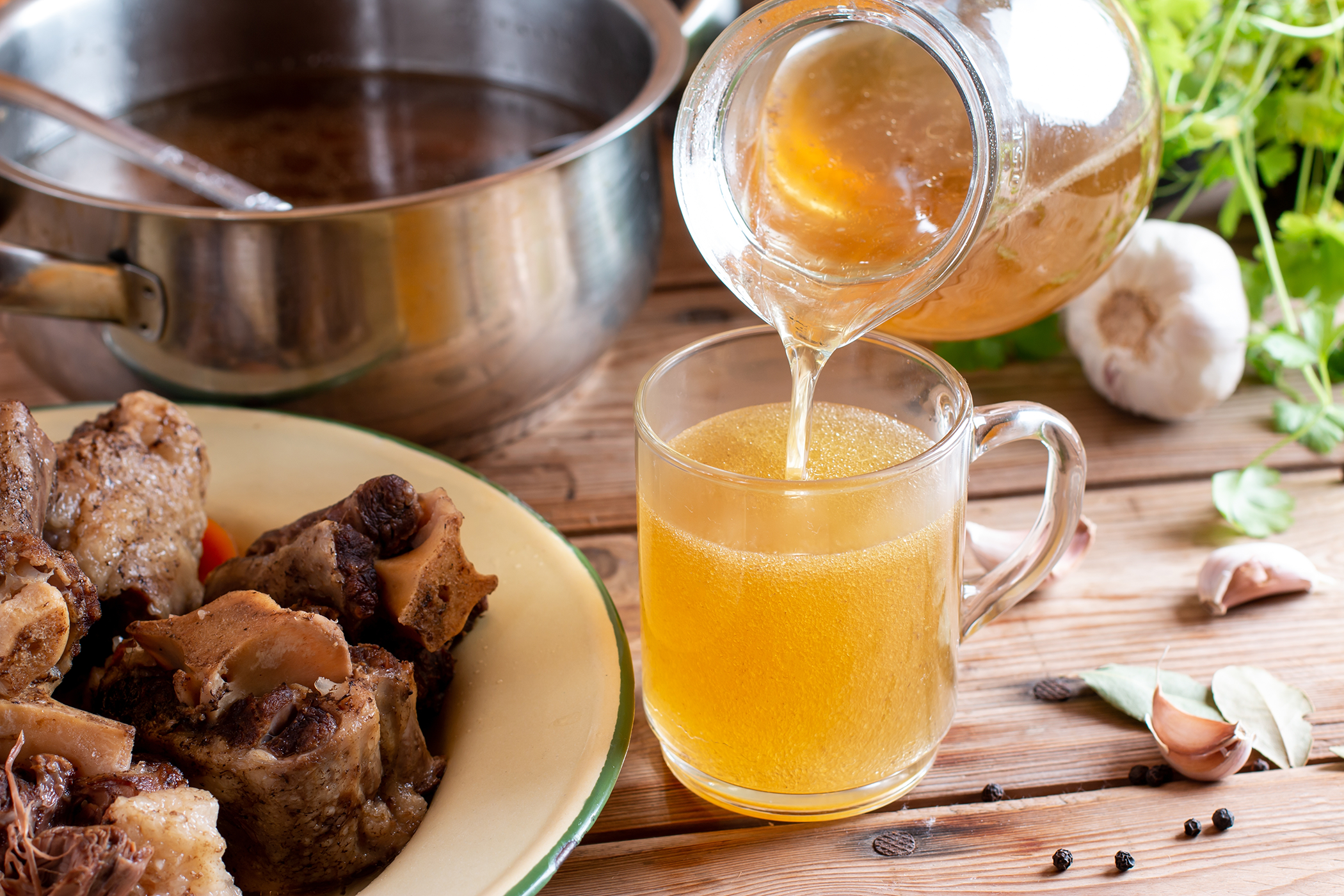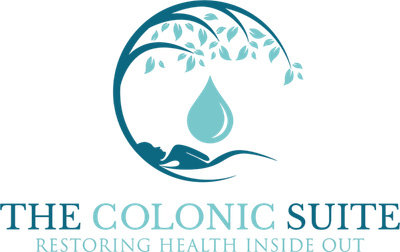Exploring the Benefits of Bone Broth Fasting for Gut Health and Overall Wellness

A bone broth fast is a specialised form of intermittent fasting where bone broth is consumed instead of regular meals throughout the day. This approach supplies the body with essential amino acids and minerals while giving the gut a break from potentially disruptive anti-nutrients found in certain foods, such as processed foods, sugar, grains and high oxalate vegetables. By reducing the intake of inflammatory foods and harmful compounds, the immune system can recover from leaky gut reactions, which may contribute to autoimmune symptoms. With digestion minimised, the gut lining can focus on healing and repair.
The Benefits of Fasting
The benefits of fasting include:
- Accelerated fat loss
- Reduction of fasting insulin and insulin resistance
- Decreased cardiovascular and diabetes risk
- Promotion of auto-Nagy, cleaning up old cells and metabolic waste
- Increased human growth hormone (HGH), aiding in body composition shifts and maintenance of muscle mass
- Repair and heal gut lining
- Increased immune function and response
- Improved digestion and elimination
- Increased mental clarity
- Increased energy and improved sleep
Unlocking the Potential of Bone Broth Fasting for Optimal Health
Stress can severely impact our gut lining, depleting essential nutrients like glutamine that are crucial for gut cell repair. Bone broth, rich in glutamine, glycine, arginine, collagen, and gelatin supports gut tissue repair and resilience. This not only helps reduce inflammatory stress but also enhances nutrient absorption during future meals, resetting your gut integrity for better overall health.
Beyond digestive benefits, bone broth fasting supports autophagy, a process of cellular clean up regulated by the immune system and stimulated during periods of calorie restriction or time restricted eating. It's important to recognise that digestion can be somewhat stressful for the body. When overburdened with toxins, inflammation, autoimmune flare-ups, or chronic stress, the body is not in an optimal digestive state and may actually produce more signals of stress and inflammation when distressed with food. This natural response can be observed in sick animals, which often retreat to rest, spike a fever, and allow their bodies to heal without the added stress of digestion.
When we are not feeling well, we often lose our appetite for quality protein-rich and fat-focused foods and instead turn to carb-heavy comfort foods, even when our body signals us to avoid eating through aversion, boating and nausea. Bone broth an be incredibly supportive of gut health during these times and can be a useful tool when experiencing an autoimmune flare up or recovering from an illness such as a cold, flu or food poisoning.
Incorporating bone broth fasting into your wellness routine, not only gives your gut a much needed break, but also promotes cellular rejuvenation and overall well-being. For those seeking optimal health, exploring the use of a bone broth fast is highly encouraged. Whether your goal is to kickstart weight loss, integrate it into a quarterly detox, or support a ketogenic diet reset - fasting with bone broth can be a significant advantage. This fasting approach reduces insulin levels, enabling the body to utilise fat stores for energy. Additionally, fasting elevates human growth hormone (HGH) production, stimulating metabolism and preserving muscle mass.
Bone broth is nutrient dense, enhancing extended fasting. Unlike water fasting, bone broth fasting maintains stable electrolyte levels, ensuring a nourishing fasting experience.
Things to Consider Before Starting a Bone Broth Fast
Our colon is our primary eliminatory system. When we fast, our body eliminates toxins and metabolic waste and a large portion of this gets processed through the colon and eliminated in our stool. Prioritise the health of your colon BEFORE and AFTER embarking on a bone broth fast or any other detox or cleansing protocol to ensure efficient elimination of toxins and waste from the body. Consider scheduling a colonic treatment to prepare for your cleansing journey. By focusing on your colon health, you can enhance the effectiveness of your detox process and promote overall well-being.

If you're not following a low-carb diet, I would recommend going on one for at least a week prior to starting your bone broth fast. This will help get your body prepared for doing a 'no-carb' fast and relying on fat and protein for energy. Individuals with low or high blood sugar levels or those on certain medications should consult their healthcare provider before starting a fast.
If your thyroid function is impaired, please note that fasting can cause a decrease in T3 and an increase in rT4, resulting in a slight increase in T4 (1). This can be exasperated during scenarios of high stress. In such cases, a broth-only approach with adequate fat intake can offer a balanced solution. It's crucial to listen to your body's signals and adjust your fasting plan accordingly.
When to Consider a Bone Broth Fast
A bone broth fast may be beneficial if you are experiencing:
- Active autoimmune flare-ups
- Digestive issues such as bloating, constipation and IBS
- Recovering from illnesses like colds, flu or food poisoning
- A desire to jumpstart weight loss, a detox or elimination diet
- Allergies or intolerances
- Low mood, anxiety or depression
- Poor sleep
- Low energy levels
Scientific Support for Bone Broth and Fasting
Numerous studies support the immune-boosting capabilities of bone broth, highlighting its anti-inflammatory properties and positive impact on immune cell activity:
- Chicken broth has been shown to inhibit neutrophil migration, acting as an anti-inflammatory to reduce illness symptoms.
- Glycine receptors, important for immune function, are found on several types of immune cells and are abundant in both broth.
- Compounds in bone broth influence the activity of B cells, T cells and macrophages.
- Gelatin and glycine reduce inflammation caused by LPS (lipopolysaccharides), a bacterial component that can drive leaky gut. LPS disrupts cell membrane lipids, affecting cholesterol and metabolism, potentially leading to high cholesterol and non-alcoholic fatty liver disease. In some cases, LPS can interfere with toxin clearance, which may be linked to neurological issues.
- Glutamine helps maintain the integrity of the gut mucosa and intestinal barrier, essential for a strong immune system.
How to Do a Bone Broth Fast
- Consume 2 or more litres per day. You can use homemade or high quality pre-made bone broth. A great UK supplier that I use is Borough Broth. Their bone broth is made from organic grass-fed beef and is delicious. The also do a free-range organic chicken and a Low FODMAP Broth.
- Add herbs or spices such as ginger, turmeric and Himalayan or Celtic Sea Salt to flavour and increase nutritional density. If experiencing digestive stress, avoid additives and consume plain broth.
- Drink green and herbal teas. Coffee is okay, but best avoid if you have IBS, diarrhoea or inflammatory bowel disease.
- Avoid dairy
- Consume 5 servings, with 2 of these servings including added fat such as ghee or MCT oil.
- Consume within an 8-10 window to support intermittent fasting.
